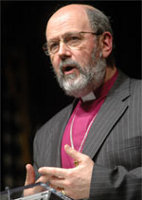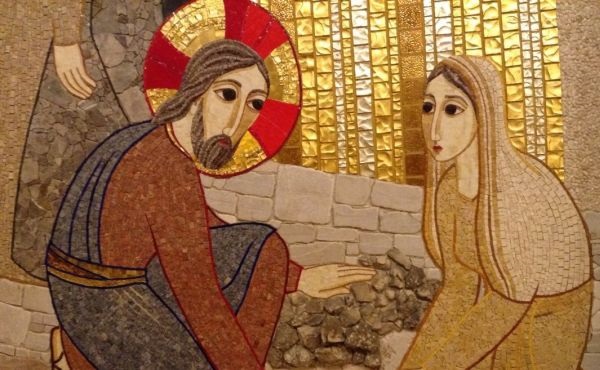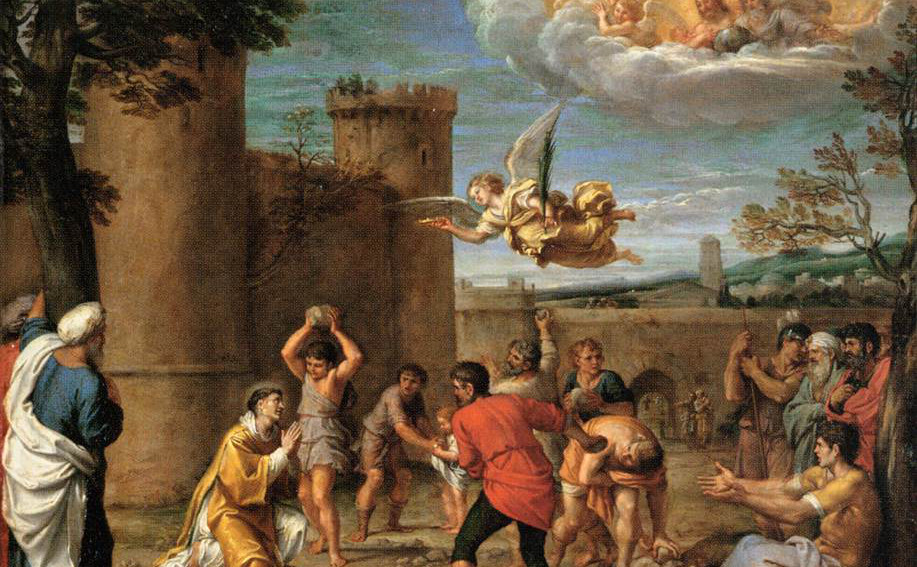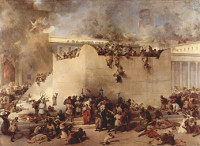Jesus used God’s relationship to Abraham to argue for the resurrection, not for a conscious intermediate state.
In the New Testament in Mark chapter twelve (paralleled in Matthew chapter twenty-two), we read about an encounter between Jesus and some Sadducees. Sadducees, as you may know, were a group of Jews who denied the resurrection of the dead, as well as the existence of spirits (in the sense of departed spirits), angels and demons. This life is all there is, they believed, and when you die, that is the end of you forever.
In this passage the Sadducees were trying to reduce the doctrine of the resurrection of the dead to absurdity by showing that it led to bizarre consequences. What if a woman’s husband died, so she remarried a number of times, with each subsequent husband dying (!!!). At the resurrection of the dead, who would she be married to? Their implied answer was: “Surely not all of them. So the resurrection leads to unacceptable consequences, and you should really just give it up.”



 At the request of a couple of listeners, this episode is a response to the documentary: Zeitgeist.
At the request of a couple of listeners, this episode is a response to the documentary: Zeitgeist.

 What does the death of some of the first followers of Jesus’ tell us about what they knew?
What does the death of some of the first followers of Jesus’ tell us about what they knew? Did the Church conspire to hide the truth about other Gospels that did not make it into the Bible?
Did the Church conspire to hide the truth about other Gospels that did not make it into the Bible?